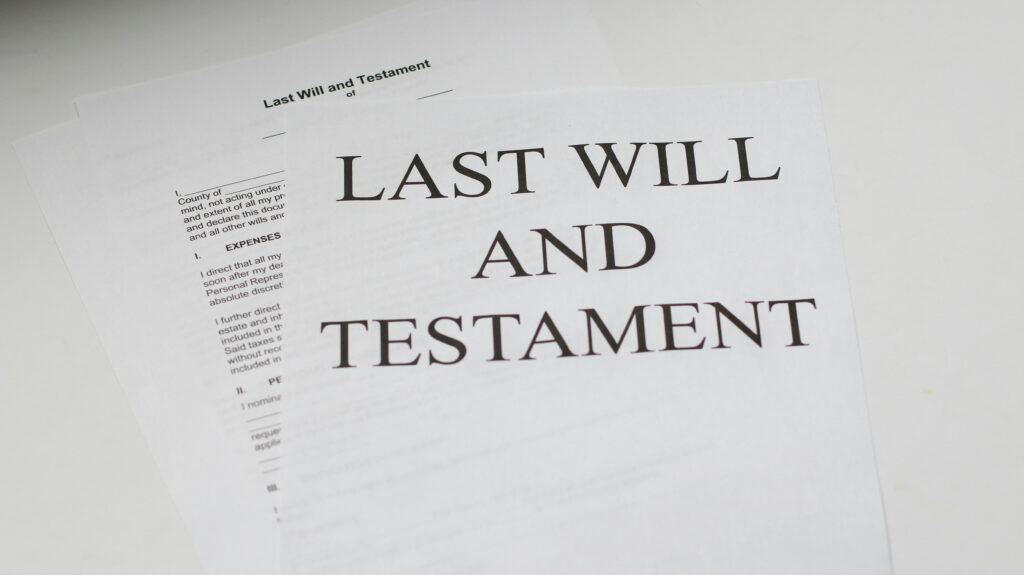Estate planning, often shrouded in misconceptions, is not solely for the wealthy or elderly. It’s a vital process for everyone, entailing the preparation of how your assets should be managed and distributed in the event of death or incapacitation. While individual circumstances can influence the specifics, there are several fundamental components that form the backbone of a comprehensive estate plan.
1. Will or Living Trust
- Will: A will is a legal declaration where one specifies beneficiaries for their assets posthumously. It’s crucial for naming heirs – be it family, friends, or charities. You also appoint an executor, responsible for executing your will’s directives.
- Living Trust: Alternatively, a living trust provides more control over asset distribution. It offers advantages like bypassing probate, providing privacy, and potentially reducing estate taxes. Trusts can be especially beneficial for complex financial situations.

2. Durable Power of Attorney (Financial)
This legal document grants a chosen individual the authority to manage your financial affairs if you’re unable to do so. It’s instrumental in ensuring that your financial responsibilities, like bill payments or investment decisions, continue smoothly during incapacitation.
3. Healthcare Power of Attorney
A healthcare power of attorney designates someone to make medical decisions on your behalf if you’re incapacitated. This ensures that your healthcare preferences are respected, vital in scenarios of critical illness or injury.
4. Beneficiary Designations
Certain assets, such as life insurance policies and retirement accounts, bypass wills and trusts, directly transferring to named beneficiaries. Keeping these designations updated is critical to ensure these assets are distributed according to your current wishes.
5. Guardianship Designations
For those with minor children, nominating a guardian is imperative. This ensures your children are cared for by someone you trust in your absence. It’s advisable to name an alternate guardian as a contingency.
6. Letter of Intent
Though not legally binding, a letter of intent can be a heartfelt addition to your estate plan. It’s a personal letter to your beneficiaries or executor, providing insights into your values, financial philosophy, or specific wishes regarding asset utilization.
Conclusion
Estate planning is an integral part of managing your financial and personal legacy. It’s about making thoughtful decisions to safeguard your assets and ensuring your wishes are honored. Engaging in estate planning, guided by a legal or financial advisor, is not just about preparing for the inevitable; it’s about providing peace of mind for both you and your loved ones.





 GOOGL
GOOGL META
META
Leave a Comment